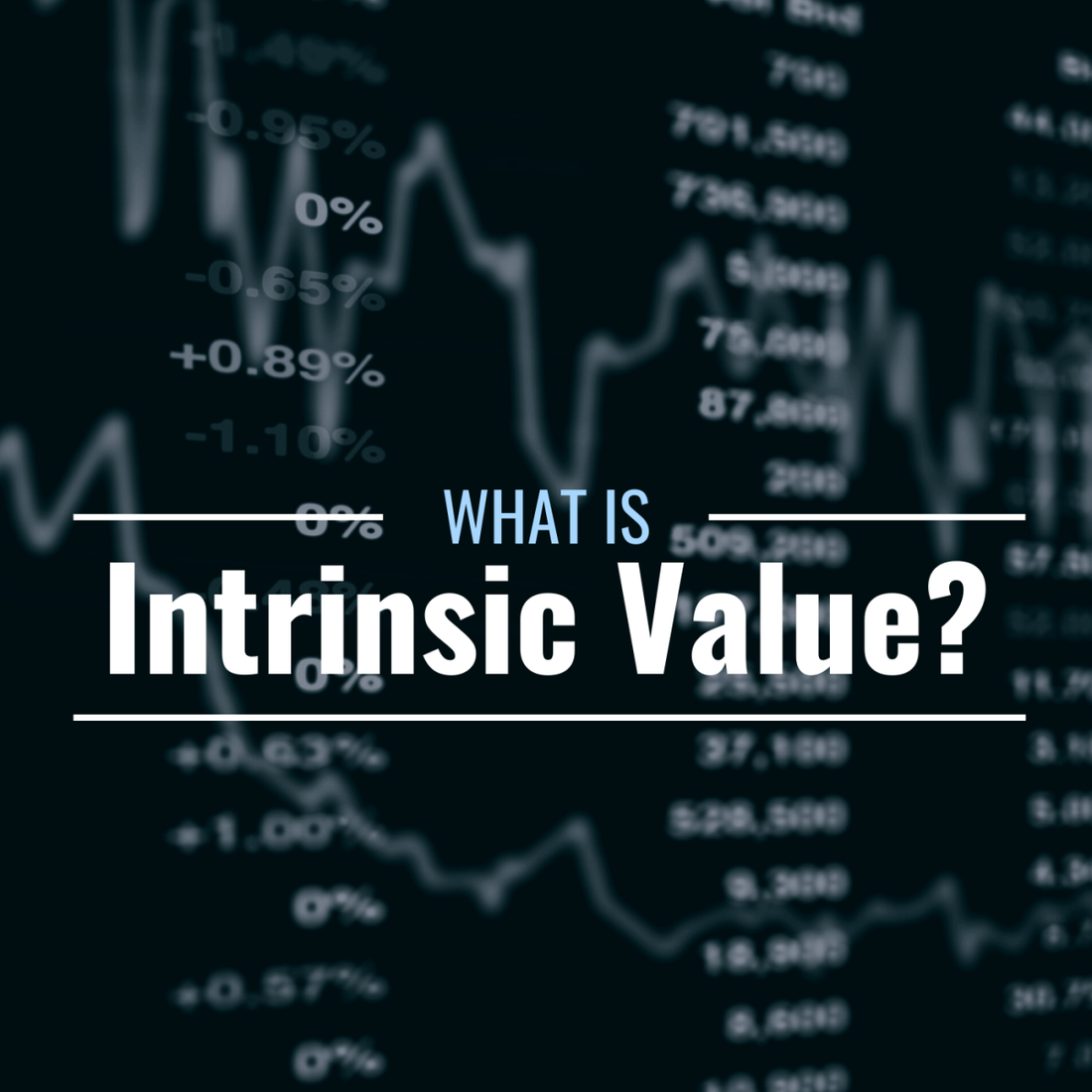
Intrinsic value
Share
Intrinsic value is the actual value of a company, or an asset based on its fundamental characteristics, such as its earnings and assets, rather than its market price. There are a few different methods that can be used to calculate the intrinsic value of a company, including:
-
Discounted Cash Flow (DCF) method: This method involves estimating the future cash flows that a company is expected to generate and discounting them back to the present using a required rate of return. The present value of the future cash flows is the intrinsic value of the company.
-
Dividend Discount Model (DDM): This method involves estimating the future dividends that a company is expected to pay and discounting them back to the present using a required rate of return. The present value of the future dividends is the intrinsic value of the company.
-
Price-to-Earnings (P/E) ratio: This method involves dividing the market price of a company's stock by its earnings per share. A low P/E ratio could indicate that a stock is undervalued, while a high P/E ratio could indicate that it is overvalued.
